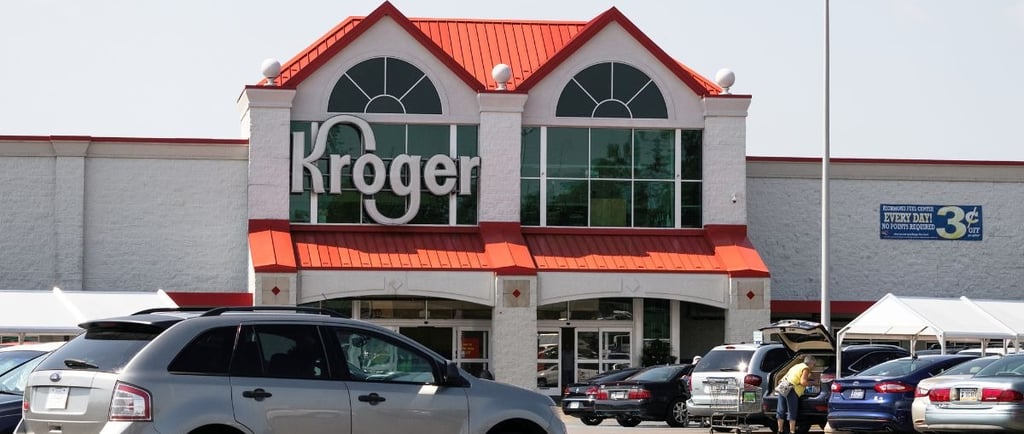FTC Challenges Kroger-Albertsons Merger
"FTC steps in to challenge the $24.6 billion Kroger-Albertsons merger, citing concerns over competition, price hikes, and workforce impacts."
SUPERMARKETLATEST STORIES


FTC Challenges Kroger-Albertsons Merger! The Federal Trade Commission (FTC) has thrown its hat in the ring to challenge what could be the largest supermarket merger ever in the United States: a whopping $24.6 billion deal where Kroger Company plans to acquire Albertsons Companies, Inc. The FTC's concern?
Kroger-Albertsons Merger
This "megamerger" could damage competition, raise prices for groceries, and reduce options for millions of American consumers. Let us give these a closer look. First, the point of the competition.
Today, Kroger and Albertsons are two of the largest entities in the supermarket scene, constantly challenging one another to offer more attractive deals by slashing prices and luring customers with quality service.
This healthy rivalry keeps the prices of commodities under check. But with a possible combination of giants, that competitive edge could disappear. More likely, it would mean price increases on everyday items—felt by millions of shoppers up and down the country.
Then there is the issue of the workforce: Thousands of workers in grocery stores directly benefit from the rivalry that exists among such companies, not only in terms of wages but also in reference to the terms of work and benefits available for the workers. Such a merger, however, could dull that competitive zeal for attracting and retaining workers, perhaps even stalling improvements in wages and working conditions for quite a few of the huge number of employees.
The grocery prices are already pointing upwards, and this merger could just make them spiral further, thus making the cost of living even more expensive for Americans who are already squeezed. In fact, the possible adverse effects of such a deal are so much of a worry that the FTC has gone ahead and filed an administrative complaint. They are even prepping for a lawsuit to stop the acquisition while they sniff around.
This has been their concern, and nine attorneys general from nine different states have thrown their weight behind the FTC lawsuit, further highlighting the vast apprehension with which the deal is being perceived.
The scale of this merger would be hard to overstate. If this goes through, Kroger and Albertsons would have over 5,000 stores and around 4,000 pharmacies, employing close to 700,000 people and spread across 48 states. That is quite the operation in the U.S. grocery market.
Interestingly, even insiders see the potential problems. Executives of both companies have openly confessed that their firms are major competitors with the capacity to push one another into lower prices and improved conditions to compete for both customers and staff.
This competition is vital for market health, driving each to innovate and improve. One sharp appraisal of the deal, however, really says much: an executive termed it as "nearly a monopsony in the grocery sector that could dampen competitive forces that, at present, redound to the benefit of consumers and workers.
In short, this intervention from the FTC signals great concerns over how the merger may remake the US grocery industry. But it risks not only inflating the prices by potentially reducing the competition but also the quality of service and employment conditions in an area that, in one way or another, touches the life of nearly every American.
The coming months will tell in what direction this legal challenge goes, but one thing is certain: the outcome will have far-reaching implications on consumers, employees, and the health of the U.S. grocery market.
